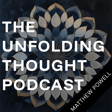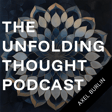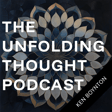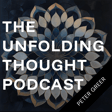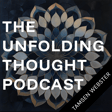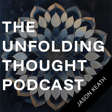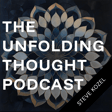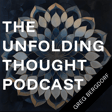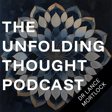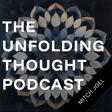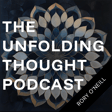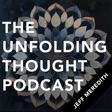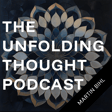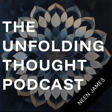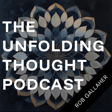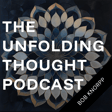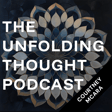
Shawn Kemp: From Xbox to Facebook to Blockchain to Art to Non-GMO
In this episode of The Unfolding Thought Podcast, Eric Pratum speaks with Shawn Kemp, a product leader, startup advisor, and artist whose journey spans the worlds of technology, entrepreneurship, and creative expression. From his early days at Microsoft working on Xbox and Silverlight, to co-founding mission-driven companies and engaging deeply with food systems and transparency, Shawn brings a rare blend of systems thinking and emotional insight.
Shawn opens up about the impact of early trauma, the pursuit of success, and the ways he’s learned to prioritize meaning and presence over prestige. He shares his current focus on creativity—not as a career pivot, but as an honest way to process and express the messiness of life.
Topics Explored:
- Reconciling Past and Present: How early experiences shape identity
- Creativity as Meaning-Making: Art as a tool, not just an output
- Food Systems and Transparency
- Letting Go of Performative Success and Pursuing Fulfillment
Links:
- Connect with Shawn on LinkedIn: https://www.linkedin.com/in/shawnkemp/
- Shawn’s art: https://shawnkemp.art
- The Non-GMO Project: https://www.nongmoproject.org
- The Glass Castle by Jeannette Walls: https://amzn.to/45XbkW8
- Educated by Tara Westover: https://amzn.to/4e9aOqj
- J Allard on LinkedIn: https://www.linkedin.com/in/jallard529/
- Lakshmi Gopalkrishnan on LinkedIn: https://www.linkedin.com/in/lakshmigopalkrishnan/
- Bext360: https://www.bext360.com/
- Clarence Birdseye: https://amzn.to/3TsCg8O
- No More Gold Stars: https://amzn.to/3TsNJ8k
For more episodes, visit: https://unfoldingthought.com
Join the conversation by emailing Eric at: eric@inboundandagile.com
